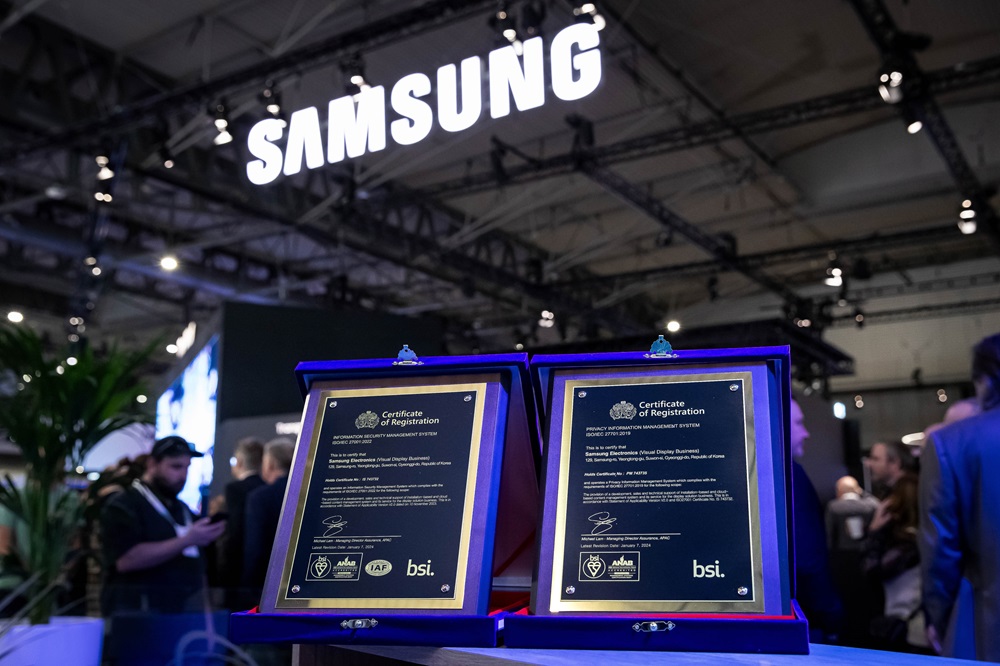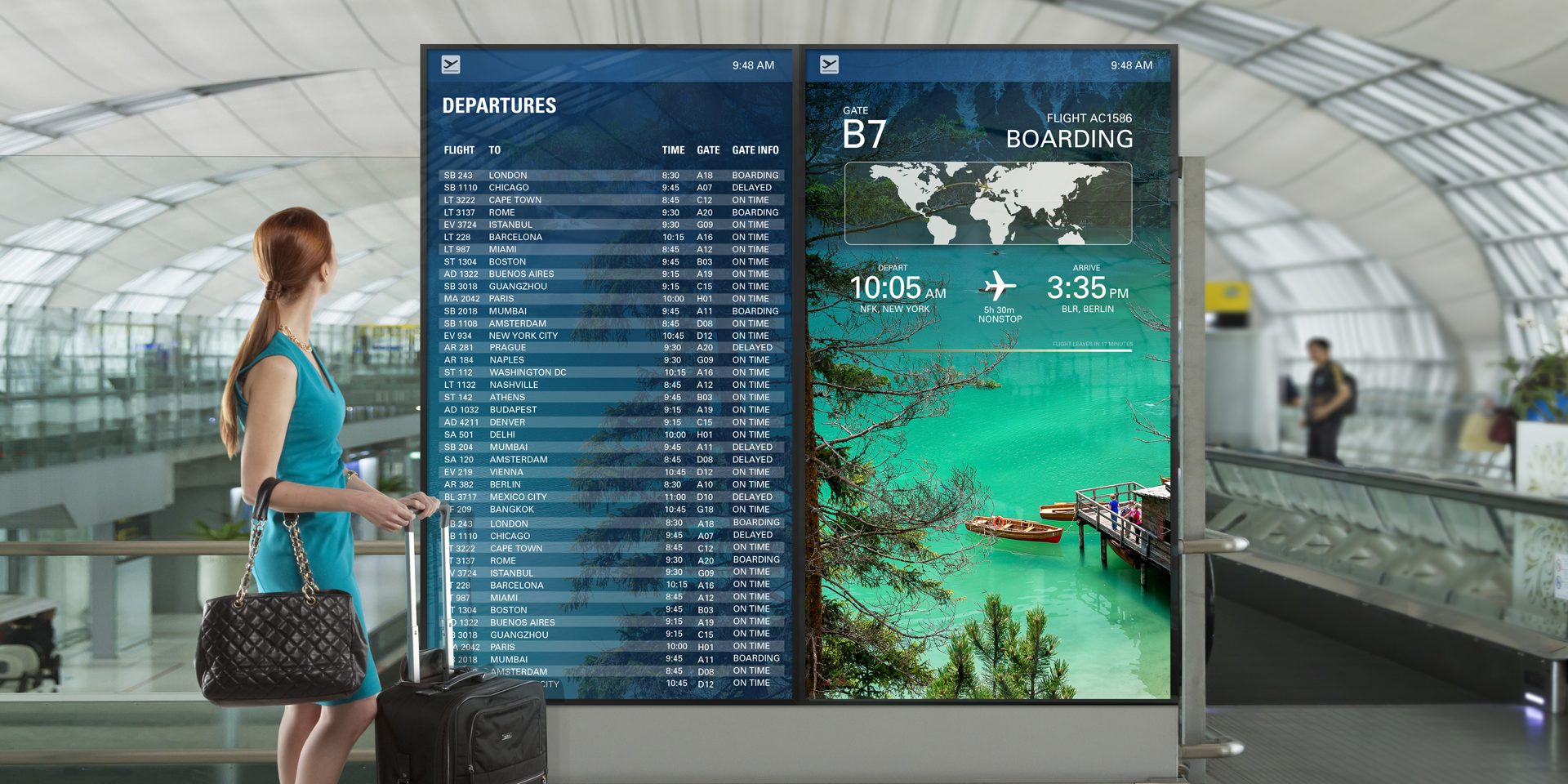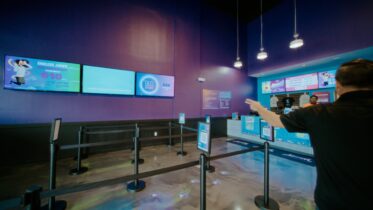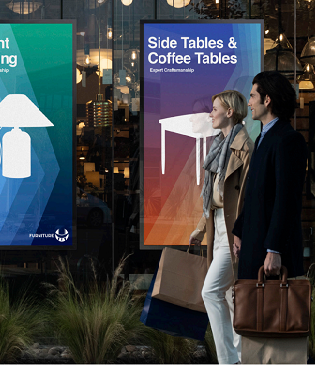As the volume of cyberattacks continues to skyrocket, businesses and organizations in every sector — from government to financial services — must secure their entire tech infrastructure. A key element of this is data security for digital signage.
Without a strong security system, a digital signage network could be crippled or inadvertently provide “side-door” access to other network systems that contain sensitive information, such as customer and financial records. That can lead to costly attacks that damage your brand, too.
As a result, it’s critical to deploy a content management system (CMS) with reliable, built-in security, such as Samsung VXT. This all-in-one digital signage CMS is cloud-based, too, enhancing display technology security. Here’s why that’s important and how it provides top-level security.
Cyberattacks increase, grow more sophisticated
U.S. Director of National Intelligence Avril Haines told Congress in May 2024 that the number of worldwide ransomware attacks grew as much as 74% in 2023. She said U.S. entities were the most heavily targeted, with attacks in industries such as healthcare doubling year over year.
Digital signage content management made easy
Get your complete guide to configuring and tailoring real-time messaging using an integrated CMS. Download Now
That looks only to get worse. According to a January 2024 report by the United Kingdom’s National Cyber Security Centre, attacks will continue to increase as cyber threats, including malware and phishing, evolve and grow more sophisticated through the use of AI. For example, generative AI tools, such as chatbots, can create more realistic and convincing emails for phishing attacks, while state-backed hackers could use AI to generate more advanced malware to break into networks, the report said.
These increasingly sophisticated attacks seem to be succeeding, too. According to the Identity Theft Resource Center, a record 3,205 data breaches were reported in the U.S. in 2023 — a 78% increase from 2022.
Impact of data breaches
Data breaches come at a high price. According to Statista’s Market Insights, the global cost of cybercrime — which includes stolen money, lost productivity, theft of data and intellectual property, disruption of business operations, restoration of IT systems and reputational harm — is expected to rise from $9.2 trillion in 2024 to $13.8 trillion in 2028. The average cost of a data breach is $4.45 million, according to Deloitte.
Along with the traceable cost of restoring hacked networks, there are substantial costs that are tougher to measure, but still tangible — such as the damage to a company’s reputation and relationships with customers. That loses both existing and new business.
Healthcare systems and even utility companies have been subject to crippling and costly cyberattacks. But while major organizations make headlines, smaller businesses are also at risk — and arguably more exposed.
In fact, according to the Identity Theft Resource Center report, in 2023, 73% of U.S. small business owners said they faced a cyberattack and 42% reported that they lost revenue because of a cyber event.
Companies also face fines for data breaches, as governments at all levels enact stricter data and privacy protection regulations to protect consumer data. For example, through the General Data Protection Regulation, the European Union can fine companies up to 4% of their annual sales.
Validated protection for digital signage
To improve cybersecurity, businesses and organizations must continually review and refine their security plans and measures, including data security for digital signage.
In theory, any technology vendor can say it enforces security procedures just by requiring login credentials to access the software. But that’s bare-bones security.
To optimally protect its customers from threats on their digital signage networks, Samsung has developed stringent security measures for its display technology.
In fact, Samsung VXT, the company’s new cloud-native CMS for centralized and remote display management, was tested by the International Standards Organization (ISO), which offers the most widely recognized and used security standards today. After an extensive review, the British Standards Institution, an independent, globally trusted organization, awarded VXT with the ISO/IEC 27001:2022 and ISO/IEC 27701:2019 certifications to ensure data security and privacy protections.

Strict screening
The two certifications’ requirements ensure that Samsung VXT meets the highest levels of data protection, providing peace of mind for solution providers and users alike. International judges reviewed 93 information security items,114 personal information security items and 31 other additional requirements regarding personal information handling and processing.
Samsung VXT — which uses encryption, secure login procedures and access control measures — provides customers with extensive tools to securely process and store personal information on their digital signage platform. For example, through the software, organizations can establish strong security policies and lock the signage down to prevent unauthorized parties from pushing content to the screens. Users can also apply secure measures, so the signage cannot read USB drives, make Bluetooth connections and communicate with external networks.
Administrators can also use Samsung VXT to remotely deploy software updates to their entire fleet of digital displays, ensuring that they are running the most up-to-date software and that vulnerabilities are addressed across the board.
Peace of mind
While factors such as user experience and scalability are important when choosing the right digital signage management platform, they are secondary to security, as the potential damage from breaches is significant and wide-ranging. For peace of mind, businesses should check whether the platform is secure. ISO’s sign-off ticks that box.
Sign up for a VXT free trial here. And get your free guide to uncovering the importance of SSD data security and encryption.









